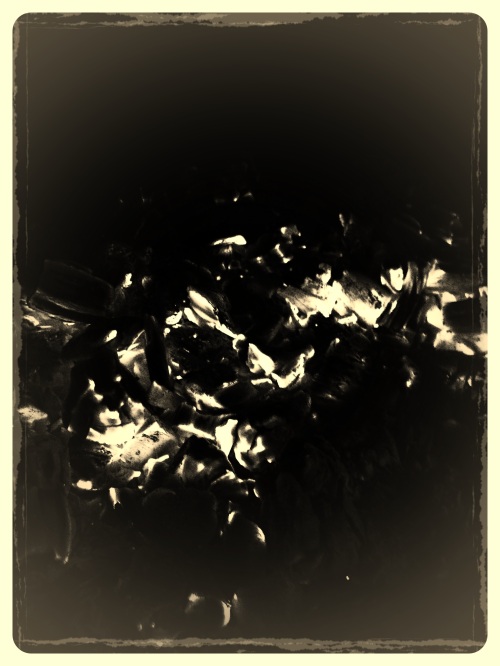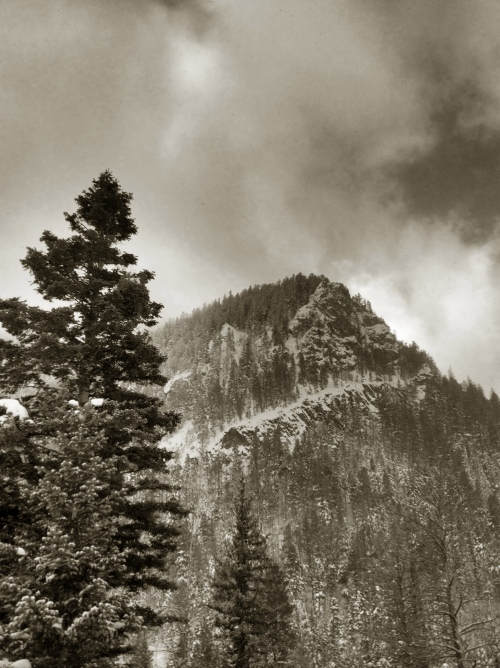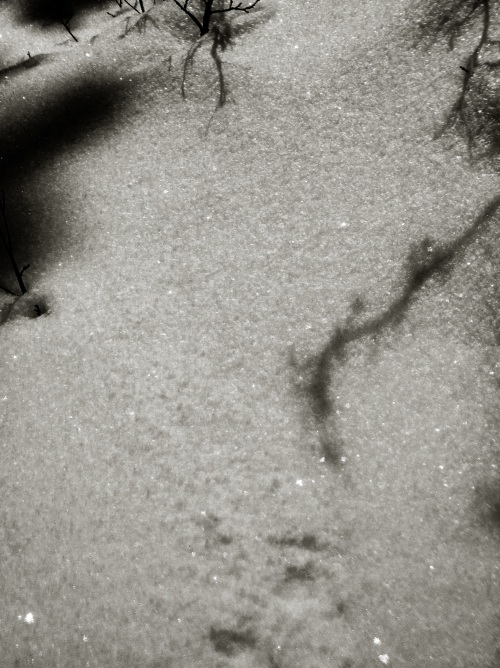Purposeful Imperfections
Month: December, 2012
December 26, 2012
This House of Sky: Landscapes of a Western Mind by Ivan Doig

Memoirs can be problematic, as there is often too sacred of a belief that consummate answers are to be gleaned from the examination of family, history, and lineage. And when this ancestral journey unfolds across the grand, unforgiving western landscape it is commonly assumed that the adventures and answers therein will be even more dramatic and profound. In This House of Sky, Ivan Doig has written an eloquent and moving memoir, one that is equal parts story and tenacious investigation. But it’s Doig’s awareness—and subsequent questioning—of the tendency for memoirs to exaggerate and overreach that truly justifies this work:
“The words of all the ties of blood interest me, for they seem never quite deft enough, not entirely bold and guileful enough, to speak the mysterious strengths of lineage.” (p. 238)
Of course, Doig is speaking to the limitations of language in articulating complex ideas, experiences, and feelings, but, throughout This House of Sky, one senses Doig admirably struggling to put into words his experience of adolescence as well as extract clear and convincing meaning from his family’s multi-generational tenure in Montana. This approach to autobiography is quite savvy, as Doig is able to create a text that is at once an engaging memoir but also an examination of memory, history, and, in all its complexities, the role of family in one’s development.
December 9, 2012
Implicit
I felt I learned from him in every way. Through the senses, theoretically, technically. I would talk to Monk about musical problems, and he would sit at the piano and show me the answers just by playing them. I could watch him play and find out the things I wanted to know. Also I could see a lot of things that I didn’t know about at all. –John Coltrane
December 3, 2012
Species by Prayer
“A1” + “A2” from Second Species by Prayer.
Prayer is the solo music project of my friend, Joe Houpert, with whom I play in the trio Tilth (along with Nathan McLaughlin). To date, Prayer has a handful of releases: a split cassette entitled Dawn Chorus with Nathan McLaughlin and two solo cassettes: First Species and Second Species. The split cassette is a wonderful dialog between two closely linked and dedicated musicians, and I would encourage those interested in banjo, tape loop, or pretty much any kind of experimental music to track it down (it’s on the Russian label Full of Nothing, and, while the cassette is out of print, a digital version is available). However, it’s the Species project that I’d like to spend some time discussing.
In Species, which is an active project (I’ve been told Third Species is currently in the works), Joe has set very clear and strict parameters, both in terms of tonal subjects and means of composition. Species is an extended study in melody that is realized through counterpoint. The pieces unfold as fugues, but these are a far cry from any sort of baroque fugue (which I love, by the way), as Joe uses the synth as his sound source and tape loops to execute the counterpoint. Thus, the timbre and textures of these pieces are something quite unique, and, accordingly, we find ourselves enveloped by saturated, static-y sine wave tones.
This is extremely precise music. It is also deeply affecting due to the unabashed beauty of the melodies as well as the pacing. In terms of tempo, these are glacial pieces, but they evolve quickly. First and Second Species are each made up of four tracks, at only twelve or so minutes per side, but upon completing either tape, one might feel as though they’ve been immersed in sonic meditation for a good couple of hours.
The strength of Species is ultimately a matter of structure and control, both of which Joe masterfully employs. There is a fire that burns within these musical ideas (and within Joe, as any one who has seen him perform can attest to) that threatens to spread uncontrollably. Joe doesn’t let this occur, but, instead, lassos the passion and energy behind these pieces and then painstakingly sets the sounds to tape. Counterpoint takes care of the rest.
Joe and I often talk about our mutual love of Morton Feldman, and, as I work toward a conclusion here, I’d like to highlight a few ways in which I think Prayer is a worthy heir. Let’s first speak directly about the sounds, and I offer the below piano piece by Feldman for comparison with the Prayer pieces above in an effort to illustrate the following points. Both “A1” + “A2” and “For Bunita Marcus” are structured and tightly controlled—each closely examines single musical lines—but not so much that they strangle the emotion and beauty that are behind the music and present in the melody. Each are slowly paced, though the Feldman is much more extended, and, in light of this difference, I’d argue that this further demonstrates the power of Prayer, as the piece above realizes something quite profound in a matter of minutes. As to phrasing, each selection allows the repetition of tonal lines to gather, spill over, and flow. A calculated welling up, you might could say.
Ultimately, I think that the most important comparison I can make between Feldman and Prayer is in regards to the intention behind the music. I spoke earlier of the fire that burns within the Prayer pieces, and I often feel a similar energy and, I’d argue, joy that compels Feldman’s music. This, to me, is a demonstration of the authentic love each composer has for pure sound and their unwavering dedication to exploring the beauty of tone and melody.
A mutual friend of Joe’s and mine recently commented that he heard something liturgical in Prayer—not in a ritualistic, “high mass” kind of way, but in a devotional sense, as though the pieces in Species are almost folk hymns. Viewed in this light, which I think is correct, Joe’s choice of a moniker seems incredibly apt and telling. (Along these lines, I can’t help but mention that, in a 1967 interview, Feldman stated that he considered himself a moral composer, which I think is not a dissimilar consideration.) Invoking religion, even if just in the interest of terminology and/or describing an aura, can be a bit problematic, I admit. But, in this case, it’s useful here.
This is spiritual music, friends. Let the joy wash over you.
Links:
December 1, 2012
The Weight of a Square
My formats are square, but the grids never are absolutely square; they are rectangles, a little bit off the square, making a sort of contradiction, a dissonance, though I didn’t set out to do it that way. When I cover the square surface with rectangles, it lightens the weight of the square, destroys its power. –Agnes Martin, Answer to an Inquiry


